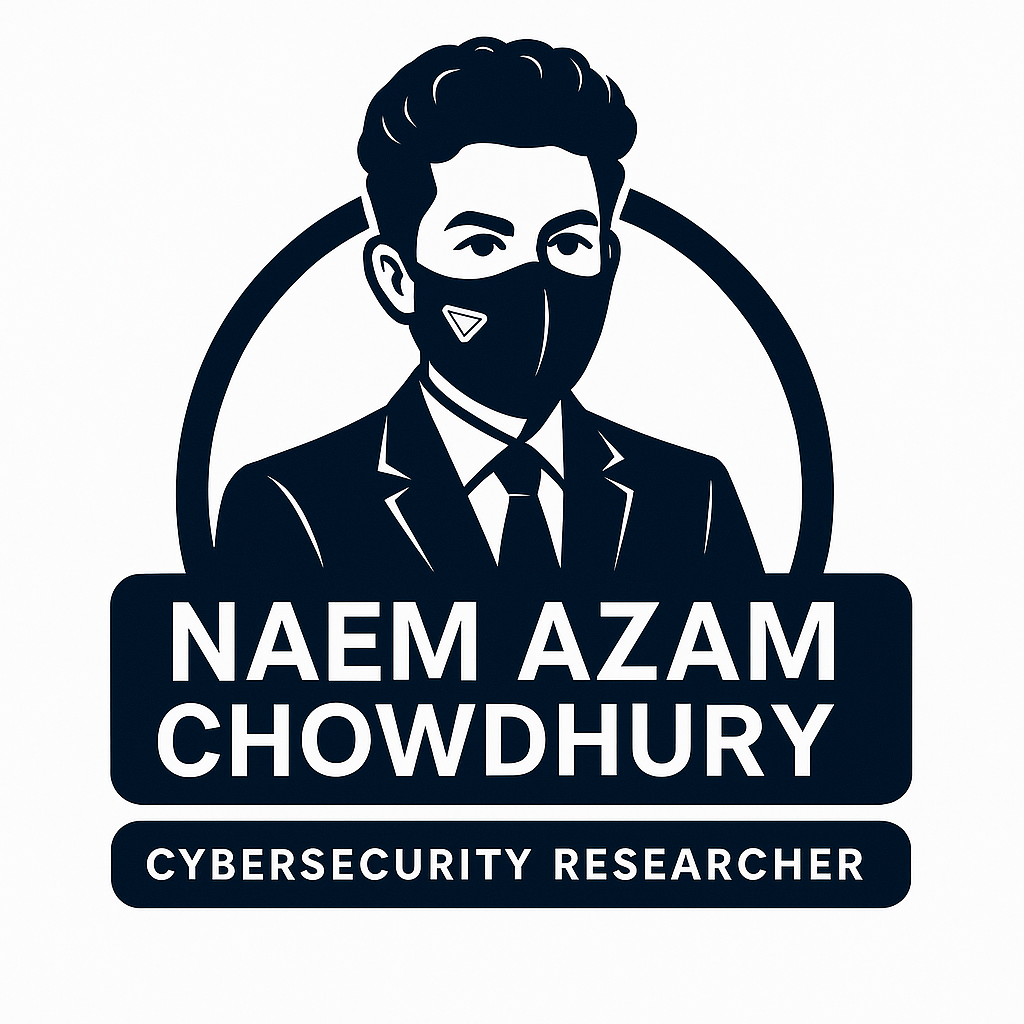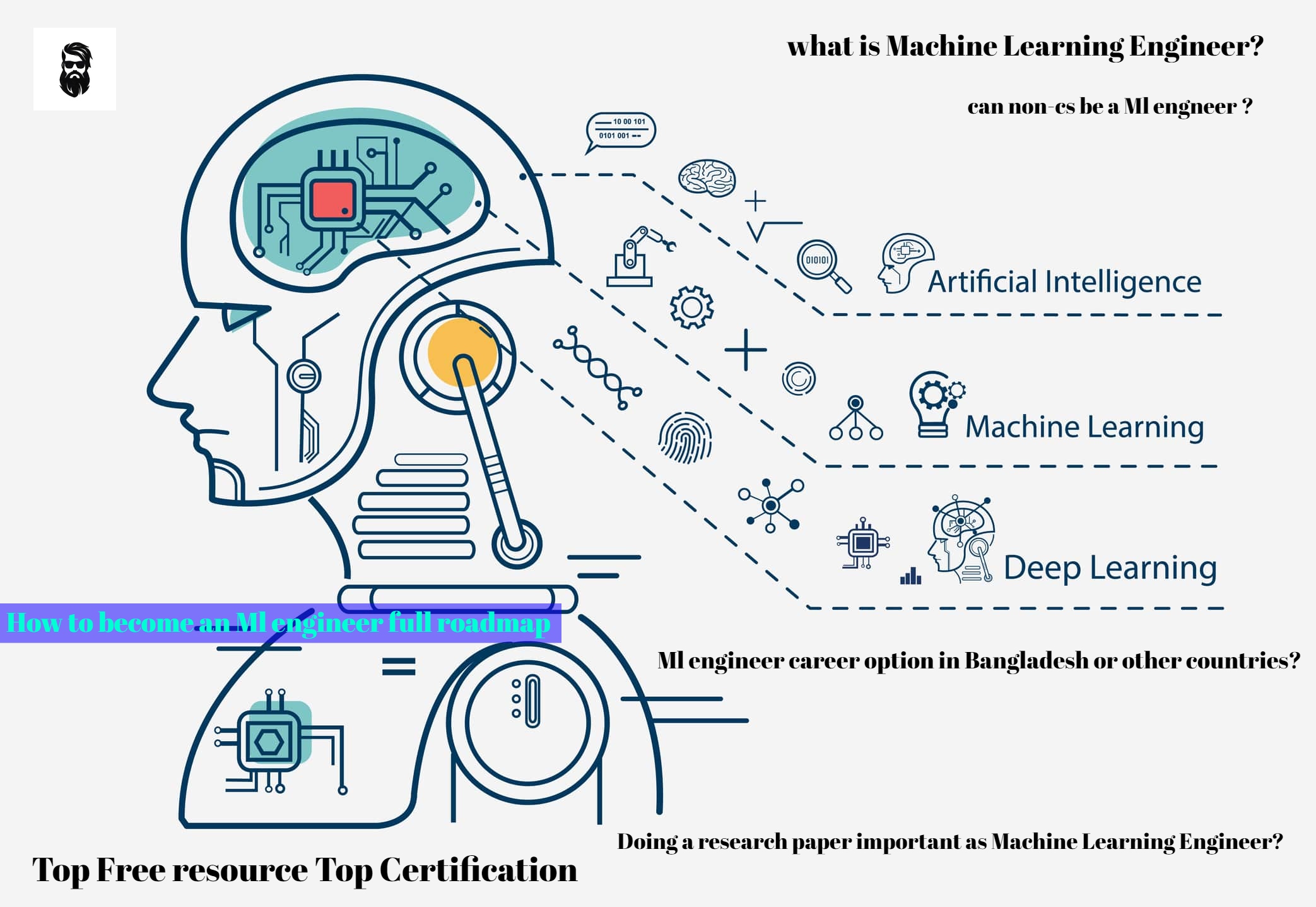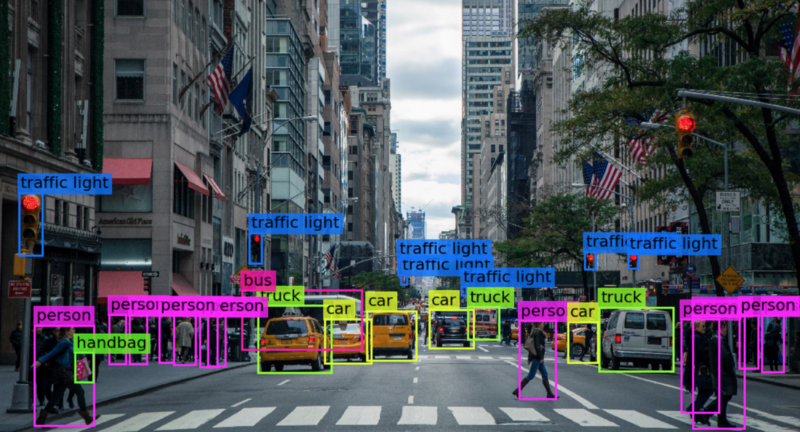How to become Cybersecurity Analyst
A Cybersecurity Analyst is a professional who is responsible for protecting an organization's computer systems and networks from cyber attacks and ensuring compliance with security policies and regulations. This may involve monitoring networks for security threats, conducting risk assessments, implementing security measures, responding to security incidents, and conducting investigations.

can a non-degree become Cybersecurity Analyst?
Yes, it is possible for someone without a degree to become a Cybersecurity Analyst. Many employers value relevant work experience and industry certifications over formal education. However, it may be more challenging to land a cybersecurity analyst job without a degree, and you may need to gain relevant experience through internships, entry-level positions, or self-study. Industry certifications such as CompTIA Security+, Certified Information Systems Security Professional (CISSP), or Certified Ethical Hacker (CEH) can help demonstrate your knowledge and skills to potential employers.
is Cybersecurity Analyst is a good career option?
Yes, Cybersecurity Analyst is a good career option for those interested in technology and security. With the increasing frequency and severity of cyber attacks, there is a growing demand for professionals who can help organizations protect their networks and data. Cybersecurity Analysts typically earn competitive salaries, and the field offers opportunities for career growth and advancement.
Furthermore, as more organizations adopt digital technologies, the need for cybersecurity professionals is expected to continue growing. So, if you enjoy problem-solving, have strong analytical and technical skills, and are passionate about security, then pursuing a career as a Cybersecurity Analyst could be a great option for you.
what we have to learn to become Cybersecurity Analyst
To become a Cybersecurity Analyst, you will need to acquire knowledge and skills in several areas, including:
- Networking: Understanding of how computer networks work and how data is transmitted over networks.
- Operating Systems: Knowledge of different operating systems such as Windows, Linux, and Mac.
- Security Frameworks: Knowledge of security frameworks such as NIST, ISO, and COBIT.
- Programming: Basic knowledge of programming languages such as Python, C++, and Java.
- Security Tools: Familiarity with different security tools such as firewalls, intrusion detection and prevention systems, and anti-virus software.
- Cyber Threats: Understanding of common cyber threats and attack vectors, as well as knowledge of threat intelligence.
- Compliance: Knowledge of regulatory compliance requirements and industry standards.
You can gain knowledge in these areas through formal education, industry certifications, and hands-on experience. Some relevant certifications for Cybersecurity Analysts include CompTIA Security+, Certified Information Systems Security Professional (CISSP), Certified Ethical Hacker (CEH), and many more. In addition, internships or entry-level positions in the field can provide valuable hands-on experience and networking opportunities.
step by step professional roadmap to becoming Cybersecurity Analyst
Here's a step-by-step professional roadmap to becoming a Cybersecurity Analyst:
- Obtain a bachelor's degree in a related field such as computer science, information technology, or cybersecurity. Although a degree is not always required, having one can make it easier to land a job and provide a solid foundation of knowledge.
- Gain hands-on experience through internships, entry-level positions, or volunteer work. Look for opportunities to work on cybersecurity projects or assist with security audits.
- Obtain industry certifications such as CompTIA Security+, Certified Information Systems Security Professional (CISSP), or Certified Ethical Hacker (CEH). These certifications demonstrate your knowledge and skills to potential employers.
- Build a strong technical foundation by learning about networking, operating systems, programming, and security tools.
- Develop your soft skills such as communication, problem-solving, and critical thinking. These skills are essential for working in a team environment and handling complex security issues.
- Stay current with the latest cybersecurity trends and technologies by attending industry conferences, webinars, and other training opportunities.
- Consider pursuing an advanced degree or certification to enhance your knowledge and expertise. This can also help you advance your career to higher-level positions.
- Look for job opportunities in cybersecurity and start building your career. Initially, you may start as an entry-level cybersecurity analyst and work your way up to more senior positions over time.
Remember, the key to becoming a successful Cybersecurity Analyst is to stay up to date with the latest trends and technologies and to continuously develop your skills and knowledge throughout your career.
top certificates for Cybersecurity Analyst
Here are some top certificates for Cybersecurity Analysts:
- Certified Information Systems Security Professional (CISSP) - Offered by ISC2, this is a widely recognized certification for cybersecurity professionals, covering a broad range of security topics, including security and risk management, asset security, security engineering, and more.
- CompTIA Security+ - This certification provides a vendor-neutral foundation for IT professionals interested in a cybersecurity career. It covers topics such as network security, cryptography, identity management, and more.
- Certified Ethical Hacker (CEH) - This certification is focused on offensive security and is designed to help professionals learn how to think like a hacker to identify and exploit vulnerabilities in a system.
- Certified Information Security Manager (CISM) - Offered by ISACA, this certification is designed for professionals who manage, design, and oversee an organization's information security.
- Certified Cloud Security Professional (CCSP) - This certification, offered by (ISC)2, is designed for professionals who have expertise in cloud computing security, including architecture, design, operations, and service orchestration.
- GIAC Certified Intrusion Analyst (GCIA) - This certification, offered by SANS Institute, is focused on detecting, analyzing, and responding to security incidents and is particularly relevant for security analysts.
These are just a few of the many certifications available for Cybersecurity Analysts. The specific certifications you pursue may depend on your career goals, job requirements, and interests.
top free resource to become Cybersecurity Analyst
Here are some top free resources to help you become a Cybersecurity Analyst:
- Cybrary: This is a free online platform that offers a wide range of cybersecurity courses and training, covering topics such as network security, cryptography, ethical hacking, and more.
- Open Security Training: This is another free online platform that offers a wide range of cybersecurity courses and training, including reverse engineering, network analysis, and vulnerability analysis.
- National Initiative for Cybersecurity Careers and Studies (NICCS): This is a government-sponsored initiative that provides a comprehensive catalog of cybersecurity training courses, certifications, and job opportunities.
- GitHub Security Lab: This is a platform that provides free tools and resources to help developers and security professionals improve the security of their code and applications.
- OWASP: This is a nonprofit organization that provides free resources and training for web application security, including a wide range of tools, guides, and cheat sheets.
- YouTube: There are many cybersecurity channels on YouTube that provide free training, tutorials, and educational content, such as Cyber Mentor, Professor Messer, and more.
Remember, while these resources are free, obtaining industry certifications may require paying for exam fees and preparation materials. Additionally, it's important to practice hands-on experience in the field, so consider pursuing internships, entry-level positions, or volunteering opportunities to gain practical skills and experience.









